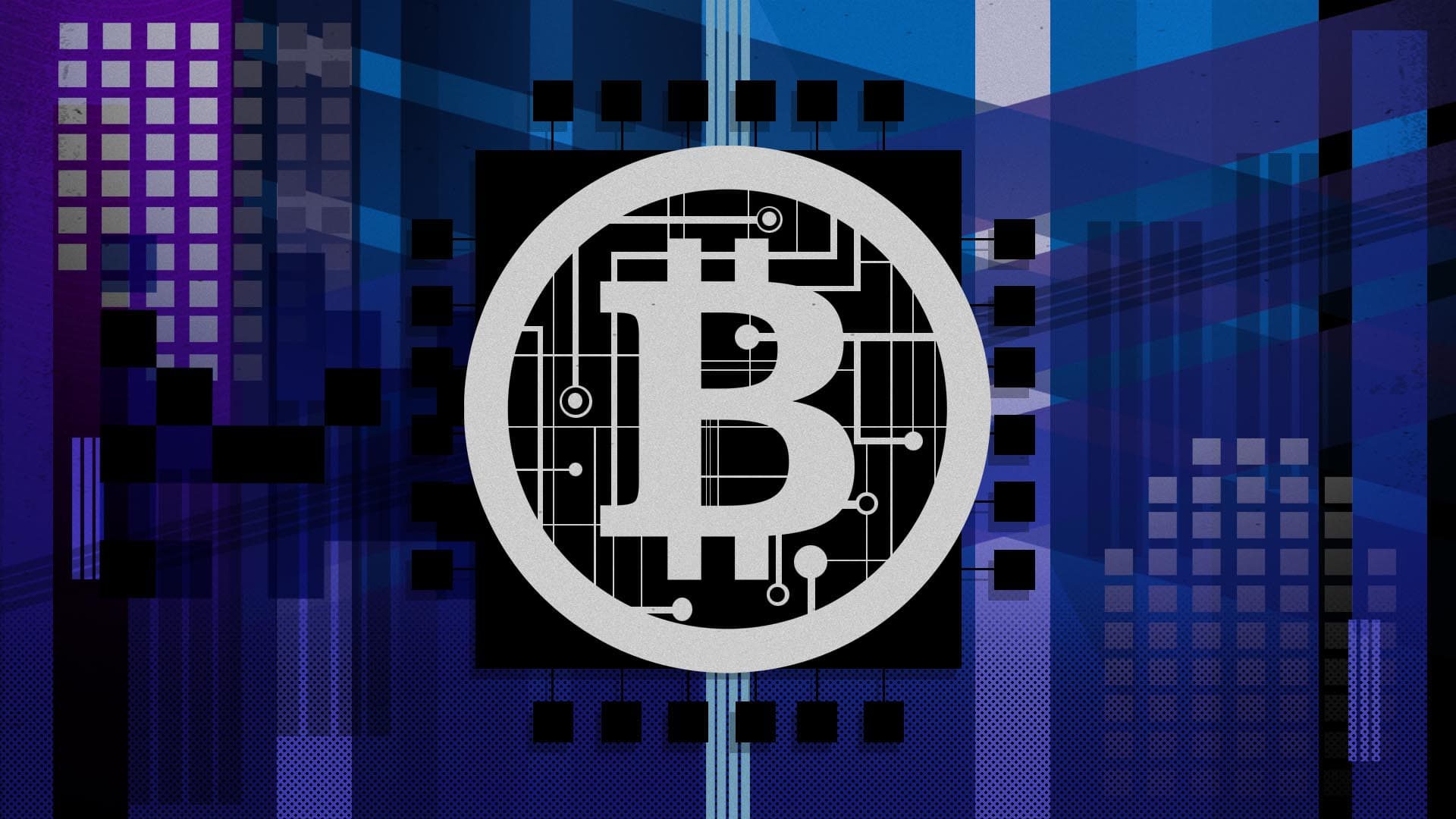Fed Gov Waller: Most Crypto Has Zero Value and is Not a Threat
Fed Governor Waller believes that bitcoin is an “electronic gold” and does not pose a threat to the financial system’s stability.

Blockworks exclusive Art by Axel Rangel
- Bitcoin has no intrinsic value, but that doesn’t make it worthless Fed Governor Waller said
- The comments come shortly after the Fed policy maker called on Congress to reconsider stablecoin regulatory proposals
Bitcoin does not have any intrinsic value, but it doesn’t matter, Federal Reserve Board Governor Christopher Waller said Friday.
“Bitcoin to me is basically electronic gold,” Waller said during a discussion with the Center for Financial Stability in response to a question about the risks digital assets pose. “It doesn’t have any fundamental intrinsic value, but that’s okay. We’ve known from economics since 1958 that useless objects can have value.”
Collectibles are a great example, noted Waller, who mentioned baseball cards and art. Purchasing an object with the belief that it will go up in value is not a new concept in economics, he said.
Most of the more than 6,000 cryptocurrencies in existence have no value, Waller added, but bitcoin is different. Its value, however, does not inherently make it a threat to the financial system as so many believe, he said.
“Anybody can issue anything, but most [tokens] have zero value, so they’re not a threat to the system,” Waller explained. “Once they pick up, then they become like electronic gold. They’re another asset you can choose to hold. You can choose gold or bitcoin, I don’t care. We don’t sit there worrying about gold prices destabilizing the financial system, per se.”
Investors must know the risk of putting money into cryptocurrencies, just like any other equity or investment vehicle, Waller said. Though he does not see bitcoin as a threat to the current financial system, he added, decentralized finance will likely present new opportunities for advancement.
“Smart contracts are amazing things that you can do pretty impressive stuff with,” Waller said. “There’s instant clearing and instant settlement. You want fast clearing and settlement? Put a smart contract on the Ethereum network; it’ll settle just like that. So I think it has actually a lot of potential for trading going forward.”
Waller’s comments on Friday come after he discussed stablecoin regulation, which has caught the attention of Congress recently, earlier this week. He is not opposed to requiring bank-like regulation for stablecoins, as Secretary of the Treasury Janet Yellen wants, but he believes that stablecoin issuers should not be required to be banks.
“I understand the attraction of forcing a new product into an old, familiar structure,” Waller said during a virtual speech Wednesday at the Cleveland Federal Reserve’s Financial Stability Conference. “But that approach and mindset would eliminate a key benefit of a stablecoin arrangement—that it serves as a viable competitor to banking organizations in their role as payment providers.”
Waller told viewers to expect additional talks about cryptocurrency and DeFi regulation and policy in early 2022.






